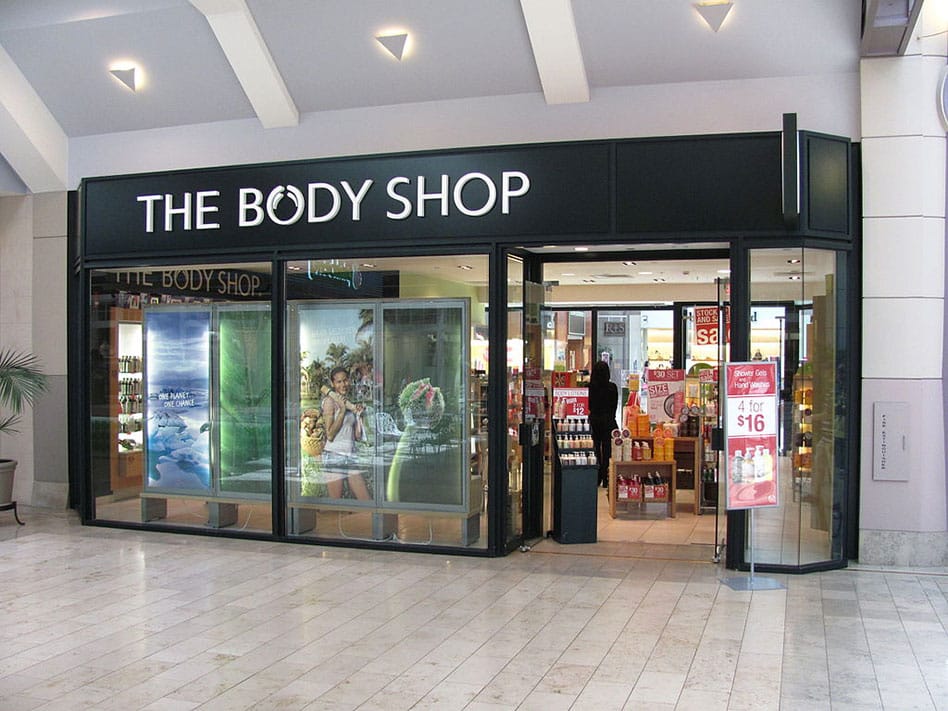Part One
Work with a partner or group and discuss answers to the following questions:
- Who are some examples of successful women?
- Would a woman face the same challenges as a man while attempting to achieve success? Has that changed in recent years?
- Is a woman's success measured in the same way as a man's success?
Part Two
Do some quick online research on the following, and then share your findings with a partner:
- Who was Anita Roddick?
- What is she most famous for?
- What sort of business practices was she known for?
Part Three
Exercise
Watch this video interview of Anita Roddick talking about her life and work and answer the questions in Exercise 1.

The Story of Anita Roddick
Anita Roddick talks about she started her business: The Body Shop.

The Story of Anita Roddick
Anita Roddick talks about she started her business: The Body Shop.
Part Four
Exercise
Read the following article and answer the questions in Exercise 2.

Anita Roddick
Anita Roddick is a successful business woman.
Anita Roddick squats in the back of a Jeep in Ghana’s blowtorch heat, bare-armed and wild-haired, dusty feet in worn sandals, sweat on her lined forehead. Her clothes are crumpled and her face is creased. She is the fourteenth richest woman in Britain; she is the public face of the eco-friendly Body Shop but she shrugs when anyone mentions her money. She doesn't want to talk about her wealth but about other people's poverty. She doesn't want to talk about cosmetics, but about the stories and traditions behind each pot of cocoa butter moisturizing cream, or about beauty not being skin deep, or the wisdom that comes with age, or the danger of microwave ovens and animal-tested hair sprays.
'I am a child of the Sixties,' she says. And so she is, with her flowing hair and peasant clothes, and her tireless love of all good causes: she’s an old hippie, one of a dying breed.
I used to think that Anita Roddick was the female equivalent of Richard Branson, hiding her business woman's heart and persuading intense teenage girls to buy lip gloss or little bottles of body creams in woven baskets - cashing in on a fashion for ethical shopping by consumers who no longer want products that are tainted by child labour, animal abuse, or environmental damage.
We are on our way to one of the villages near Tamale which supply the Body Shop with shea butter. Under the Fair Trade agreement, Body Shop pays a ten per cent premium on top of the price, which goes into community projects.

The Body Shop
Anita Roddick founded The Body Shop in 1976.
We approach the village, and a throng of people is waiting. Anita unscrews the tops of moisturizing creams, and their scent fills the baked air like incense in church. She visits the shea-butter process. She praises the women so - 'the wives and mothers and grandmothers - and listens to their worries: there's been a drought for three years and there is no school. She promises money (out of her own trust fund) for the equipment. They cheer, they give her a goat, two guinea fowl and a great box of yams. Then everyone dances, - and Anita dances the most enthusiastically of all, as the drum beats out its rhythms and the children stare up at her and giggle. I don't know whether to be moved or appalled by this vision of white woman coming to Africa, she who would be queen, or by her combination of generosity and shamelessness.
As we walk, she admits to guilt; she is a rich hippie; a radical multimillionaire. She is leaving most of her money to charities, not to her two daughters; she drives an old Golf and wears floppy flowery skirts ('I like to look like a peasant' ) to business meetings in the city. She works very hard when she doesn't need to.
Our last appointment in Ghana before flying home is at the British High Commission in Accra, where a reception is being held in Roddick's honour. Drifting across the hum of cultured voices, I can hear Roddick laughing. Who cares if she is a bit batty? Her hair is messy; her chin is up; behind her glasses, her eyes are shrewd and bright and determined. There are many worse things to be than a wacky hippie with a large wallet and a large heart.
Unlock full access by logging in. Registered users can explore the entire lesson and more.